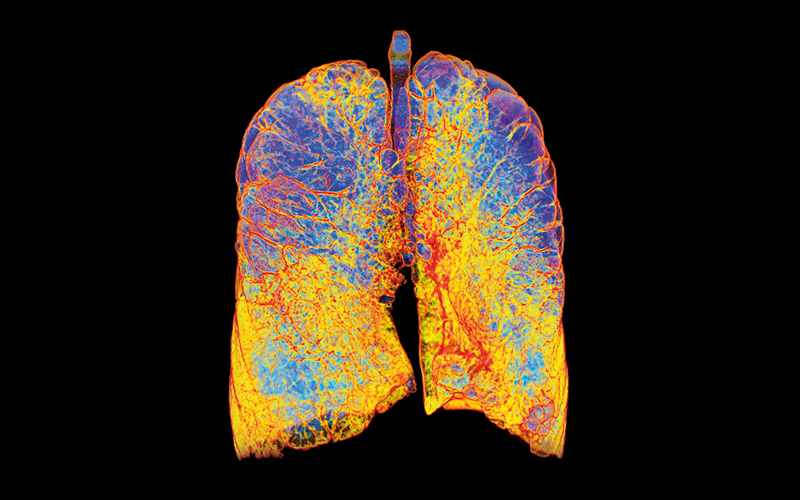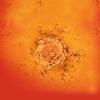Editor Anthony Rhodes provides a brief glimpse of the articles on offer in the fourth issue of 2021.

Many invasive fungal infections are notoriously difficult to treat and are an ever-present danger for those with a compromised immune system. The importance of fungal infections has recently been highlighted by the occurrence of mucormycosis (black fungus) in patients with COVID-19. One approach to addressing fungal infection is to prevent their occurrence in the first place by the development of fungal vaccines. In this issue of the journal, Pattison et al. review the complexities involved in producing effective fungal vaccines, and in particular to Aspergillus antigens.
Colorectal cancer
Globally, colorectal cancer is one of the most common malignancies. Whilst survival from this disease is excellent if detected early, it is frequently only discovered at a later stage, which results in significant mortality. Consequently, the value of developing more efficient markers for early detection and for its molecular classification to allow prediction of response to targeted therapies is great. Presumably for convenience, colon cancer historically is grouped with rectal cancer (colorectal cancer) even though these days surgical treatment is different for the two conditions. Moreover, the rectum and colon derive from different embryology, the epithelia are different and the structures serve different functions. In the future, no doubt, molecular classification of these two diseases will allow for more accurate treatment. In Issue 4 of the British Journal of Biomedical Science...
Please click here to read the full article.
Image credit | Science-Photo-Library




